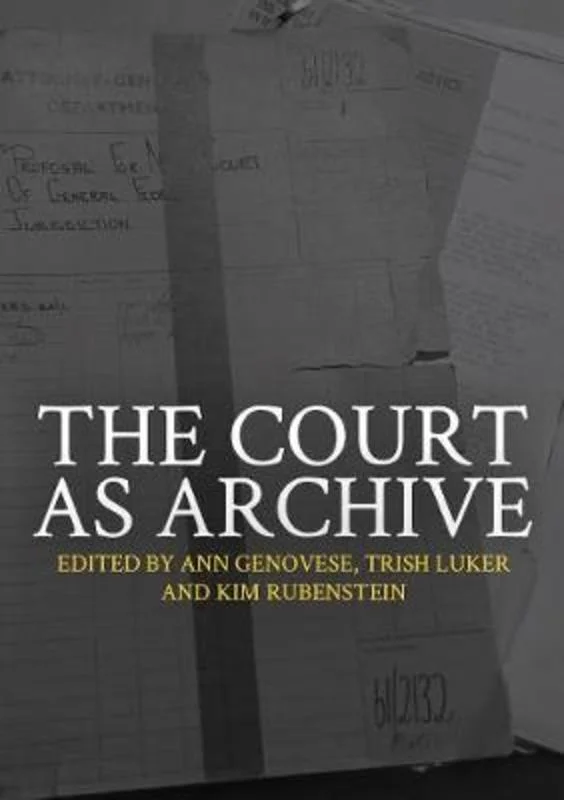Until
the late 20th century, 'an archive' generally meant a repository for
documents, as well as the generic name for the wide range of documents the
repository might hold. An archive could be visited, and then also searched,
to discover past actions or lives that had meaning for the present. While
historians and historiographers have long understood the contests that
archives contain and represent, the very idea of 'the archive' has, over the
last 40 years, become the subject and object of widening and intensified
consideration. This consideration has been intellectual (from scholars in
a wide range of disciplines) and public (from communities and
individuals whose stories are held captive, or sometimes hidden or excluded
from official archives), as well as institutional. It has involved scrutiny
and critique of official archives' limitations and practices, as well as
symbolic, affective and theoretical expansion and heightened expectation of
what 'the archive' is or should be. The very language of 'the archive' now
carries freight as administrative practice, normative value, metaphor,
description and aspiration in different ways than it did in the 20th
century.
This collection offers a unique contribution to these reinvigorated and
sometimes new conversations about what an archive might be, what it can do as
a consequence, and to whom it bears custodial responsibilities. In
particular, this collection addresses what it means for contemporary
Australian superior courts of record to not only have constitutional and
procedural duties to documents as a matter of law, but also to acknowledge
obligations to care for those materials in a way that understands their
public meaning and public value for the Australian people, in the past, in
the present and for the future.

